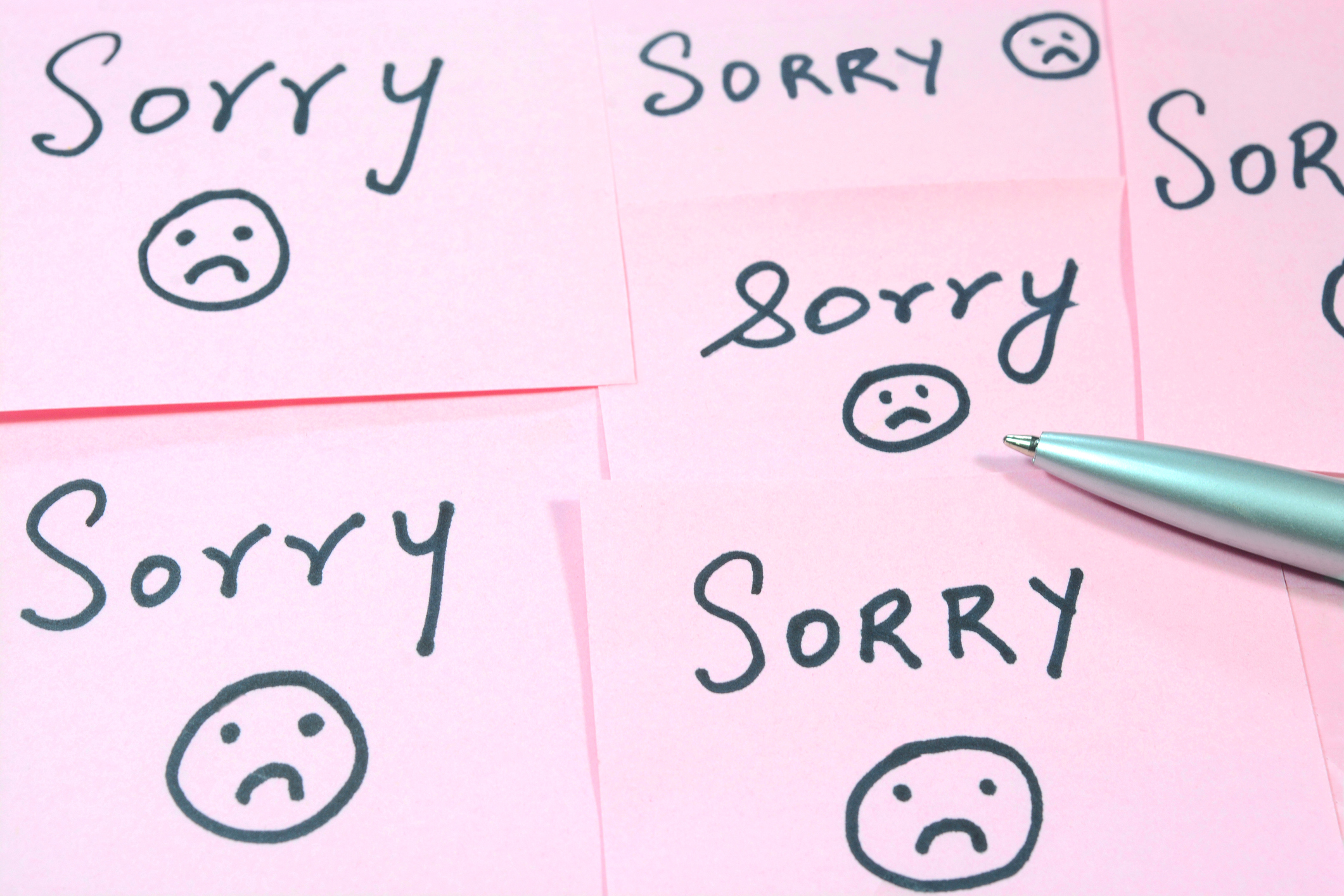How to apologise properly — Psychology with Sabina Read

Our apologies could do with some work, according to psychologist and regular 3AW Afternoons contributor Sabina Read.
“All too often, we can give sort of a half-baked apology and think ‘I’ve done good’, and really that can be more damaging than no apology at all,” she told Dee Dee.
Sabina provided some tips on how to figure out if you need to apologise, and how to do it properly!
DON’T:
-
Don’t use ‘if’
Don’t say ‘I apologise if I offended you’.
“That’s saying ‘I haven’t’,” Sabina said.
-
Don’t use the royal ‘we’
“There’s no accountability and there’s no ownership there.”
THREE PARTS TO A GOOD APOLOGY:
Sabina said an apology needs three parts to be genuine and effective.
-
Regret
“We need some expression that what we did we are regretful for. Not because we think we should be, not because someone has asked for an apology, but we actually identify this regret of hurt or damaged caused to another person,” Sabina said.
“That needs to come from an understanding of how it has landed on them. Why would we have intent to apologise and be regretful if we didn’t understand the impact?”
-
Responsibility
“This is the accountability or the ownership part for the actions and the consequences,” Sabina said.
“By taking full responsibility … you’re actually explaining that you own it.”
-
Remedy
Most of us forget this one!
“We need some expression that what we did we are regretful for. Not because we think we should be, not because someone has asked for an apology, but we actually identify this regret of hurt or damaged caused to another person,” Sabina said.
“That needs to come from an understanding of how it has landed on them. Why would we have intent to apologise and be regretful if we didn’t understand the impact?”
Press PLAY below for more.
Image: Jayk7 / Getty















